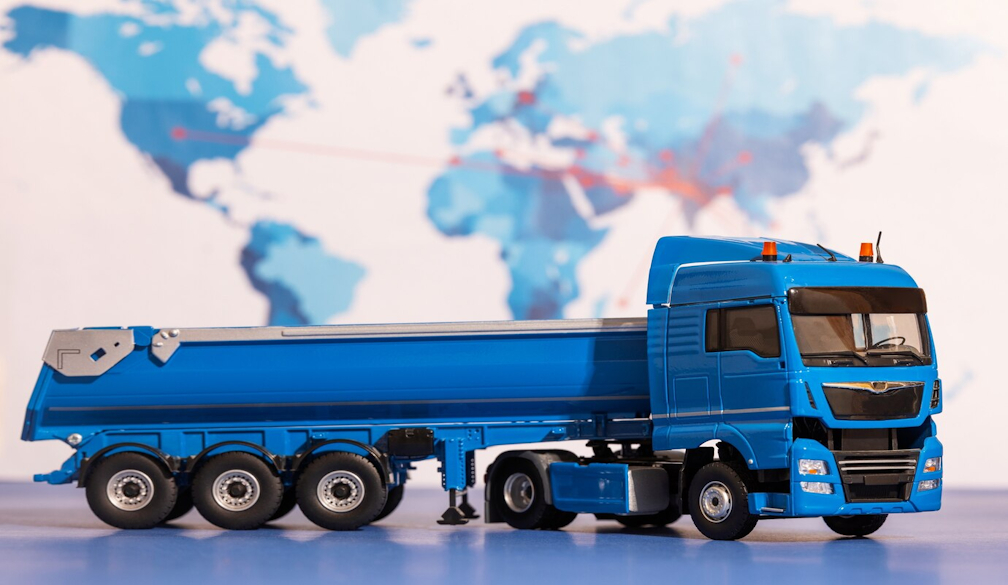The Unsung Heroes of Mobile Hydration: Exploring the World of Truck Water Tanks

In a world where access to clean water is paramount, the humble truck water tanks play a vital, often underestimated, role. From construction sites battling dust to agricultural fields requiring irrigation and emergency responders delivering crucial aid, these mobile reservoirs are the unsung heroes of countless operations. This blog delves into the fascinating world of truck water tanks, exploring their diverse applications, the factors to consider when choosing one, and why they are indispensable in various industries.
More Than Just a Container: The Versatility of Truck Water Tanks
The term "truck water tank" might conjure up a simple image of a container on wheels, but the reality is far more nuanced. These tanks come in a remarkable array of sizes, shapes, and materials, each designed to meet specific needs. Their versatility is truly impressive:
- Construction and Dust Control: In bustling construction zones, dust can be a major hazard. Truck water tanks equipped with spray systems effectively suppress dust, improving air quality and visibility, ensuring safer working conditions.
- Agriculture and Irrigation: For farmers, especially in areas with limited access to permanent water sources, truck water tanks provide a mobile solution for irrigating crops and watering livestock.
- Emergency Services and Disaster Relief: During emergencies like wildfires or natural disasters, truck water tanks are crucial for delivering potable water to affected populations and providing water for firefighting efforts.
- Road Maintenance: Water trucks are essential for road construction and maintenance, used for compaction, dust suppression, and even cleaning.
- Industrial Applications: Various industries, from mining to manufacturing, rely on truck water tanks for processes requiring a mobile water supply.
- Potable Water Delivery: In areas with inadequate infrastructure, specialized truck water tanks ensure the safe and hygienic delivery of drinking water to communities.
The sheer breadth of applications highlights the significance of truck water tanks in supporting essential services and industries.
Making the Right Choice: Key Considerations for Your Truck Water Tank
Selecting the appropriate truck water tank is crucial for efficiency and cost-effectiveness. Several factors come into play when making this important decision:
Capacity: The volume of water you need to transport and the size of your truck are primary considerations. Tanks range from a few hundred gallons to several thousand gallons. Carefully assess your requirements to avoid undersizing or oversizing.
Material: The material of the tank significantly impacts its durability, weight, and suitability for different types of water. Common materials include:
- Polyethylene (Plastic): Lightweight, rust-proof, and cost-effective, ideal for potable water and general-purpose use.
- Steel: Robust and durable, suitable for heavy-duty applications and larger capacities. Steel tanks may require linings to prevent corrosion, especially when transporting potable water.
- Stainless Steel: Offers excellent corrosion resistance and is ideal for transporting potable water and chemicals where purity is critical. However, it can be more expensive than other options.
Shape and Design: The shape of the tank can affect the truck's stability and maneuverability. Elliptical or low-profile tanks are often preferred for better weight distribution and a lower center of gravity. Internal baffles are also important to minimize water sloshing during transport, improving safety and handling.
Features and Accessories: Consider the necessary features and accessories for your specific application. This might include:
- Pumps and Hoses: For dispensing water.
- Spray Systems: For dust control or irrigation.
- Valves and Fittings: For controlling water flow.
- Manways and Vents: For access and pressure regulation.
- Level Indicators: To monitor the water level.
Regulations and Compliance: Ensure that the truck water tank you choose complies with all relevant safety and environmental regulations. For potable water transport, specific certifications and materials are often required.
The Importance of Maintenance for Longevity
Investing in a high-quality truck water tank is only the first step. Proper maintenance is essential to ensure its longevity, efficiency, and safety. Regular inspections for leaks, corrosion, and damage are crucial. Cleaning the tank periodically is also important, especially when transporting potable water, to prevent the growth of bacteria and algae. Following the manufacturer's recommendations for maintenance and repairs will help maximize the lifespan of your truck water tank and ensure reliable performance for years to come.
The Future is Fluid: Innovations in Truck Water Tank Technology
The world of truck water tanks is not stagnant. Ongoing innovations are leading to more efficient, durable, and environmentally friendly solutions. This includes the development of lighter yet stronger materials, more sophisticated pumping and control systems, and even smart tank technologies that allow for remote monitoring of water levels and usage. As the demand for mobile water solutions continues to grow, we can expect further advancements in truck water tank technology, making them even more indispensable in the years to come.
In conclusion, truck water tanks are far more than just simple containers. They are essential tools that support a wide range of critical activities across various industries. Understanding their versatility, the key factors to consider when choosing one, and the importance of proper maintenance will ensure that you select the right tank for your needs and maximize its lifespan. These mobile hydration heroes truly play a vital role in keeping our world running smoothly.




